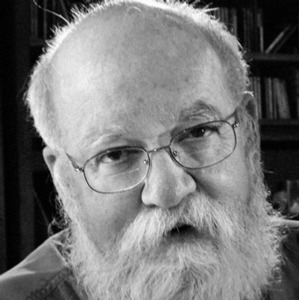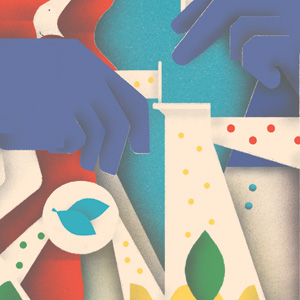1. The authenticity of online grief
Among the other things that marked out 2016 was a number of high profile celebrity deaths, from David Bowie to Prince to Leonard Cohen. In this piece in March, Giovanni Tiso argued that although people who mourn online are sometimes condemned for being self-indulgent, shared rituals matter.
2. The question of sovereignty
On 23 June, Britain voted to leave the European Union. Debates over “national sovereignty” loomed large over the EU referendum campaign – but defining the concept is trickier than it seems, as David Nowell Smith sets out in this essay, published before the vote.
3. Why poetry is good for the rational mind
Fiona Sampson is the New Humanist's poetry editor, selecting the poems that we publish in each issue. In this essay, she argues that poetry shows us that the world is more varied and unpredictable than we might otherwise imagine.
4. Greece's songs of love and loss
The economic recession is continuing to have a seismic impact on European politics and culture. In this essay, Yiannis Baboulias describes how in Greece, a new generation is revisiting its folk music tradition to find new ways of expressing its current troubles.
5. Inside the detention industry
While the refugee crisis in Europe has dominated the news agenda this year, the UK's network of detention centres has not garnered the same attention. Despite the growth of detention centres for refugees and migrants, they remain shrouded in secrecy. In this report by Phil Miller, two insiders speak out.
Is the very concept of human nature a myth? In the cover feature from our Spring issue, Tim Lewens examines the idea, concluding that appeals to human nature won’t help us make complex ethical decisions about new technologies like genome editing.
7. What's wrong with big data?
Driven by technology, markets and politics, "big data" has come to determine much of our thinking. But, as James Bridle argues in this essay, the view that more information produces better decisions could be at odds with the world around us.
8. How Russia fell back in love with Stalin
In modern Russia, religious revivalism has combined with nostalgia for the Soviet period in surprising ways. Marc Bennetts reports on a surge in Soviet-era symbolism in Russia.
9. The ancient roots of humanism
Andrew Copson, head of the British Humanist Association, discusses Tim Whitmarsh's new book Battling the Gods: Atheism in the Ancient World. This book challenges the idea that modern science gave birth to unbelief, tracing it back to the Greeks and Romans.
If you donate money to charity, should your decisions be a matter for the head or the heart? Toby Lichtig was forced to confront this question after unexpectedly being called upon to distribute a large sum of money to charity.

